With the growth of technology in our society, it’s becoming increasingly difficult to ignore the potential effects that chatbots and AI could have on human labor. In particular, many legal professionals are wondering if their jobs may be at risk due to the advancement of these technologies. Does this mean that a robot will soon take over your role as an attorney? Is there any real danger of losing one’s law job to automation? Read on for an exploration into how artificial intelligence is impacting the field of law and whether or not you should be worried about its implications for your career.
Here are the main points we’ll go through in this article:
Definition Of Chatbots And AI
As the saying goes, “the times they are a-changin’.” Chatbots and Artificial Intelligence (AI) have been on the rise in recent years due to their ability to rapidly process data and interact with people in creative ways. A chatbot is a computer program designed to simulate conversation with humans using natural language processing or other automated means. AI, on the other hand, refers to systems which can perform tasks that usually require human intelligence such as recognizing speech or images, planning and problem solving. Both technologies present potential opportunities for personalizing customer service and improving efficiency of certain processes. Despite these advantages, there is still some concern over whether chatbots and AI could replace jobs traditionally held by humans like lawyers.
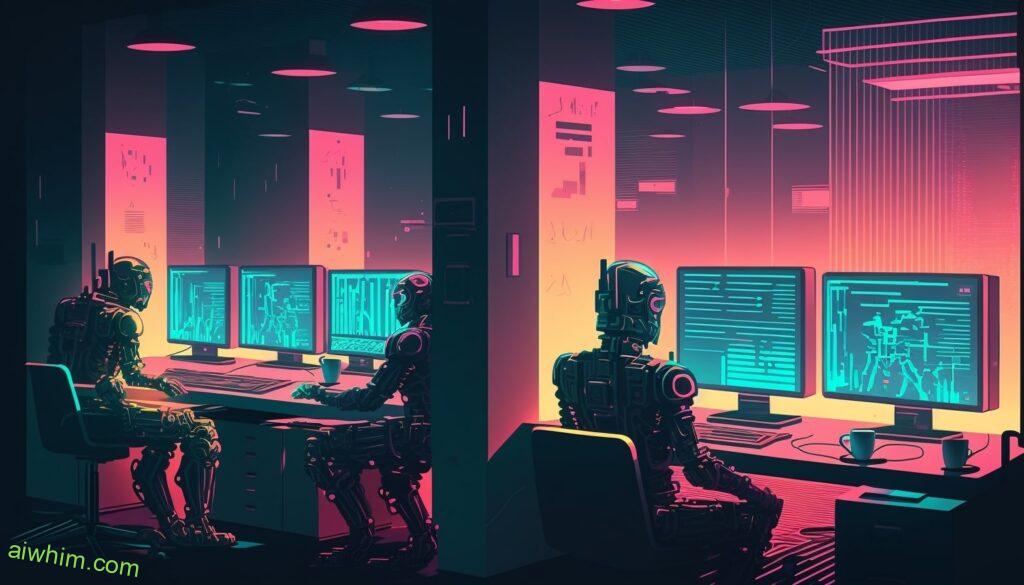
By the way, if you’re an attorney, I suggest checking out this post too, diving into the specific question of AI job replacement of attorneys.
Advantages Of Using AI In The Legal Profession
Despite the potential risks of chatbots and AI taking away jobs, they also have significant advantages in the legal profession. For example, lawyers can use AI to quickly search through large amounts of data or documents – something that would take a human lawyer much longer to do. This is especially useful when dealing with complex cases that require thorough research. In addition, AI-based systems are often able to identify patterns in large datasets faster than humans could ever hope to achieve.
AI technology has already begun being used for tasks such as review contracts, sort legal documents and predict outcomes in court cases more accurately than any human can. By using these tools, lawyers can save time on tedious tasks while improving accuracy and efficiency throughout the process. Furthermore, this will enable them to focus their attention on matters which require greater expertise and judgement from a human lawyer rather than spending countless hours sifting through mountains of paperwork.
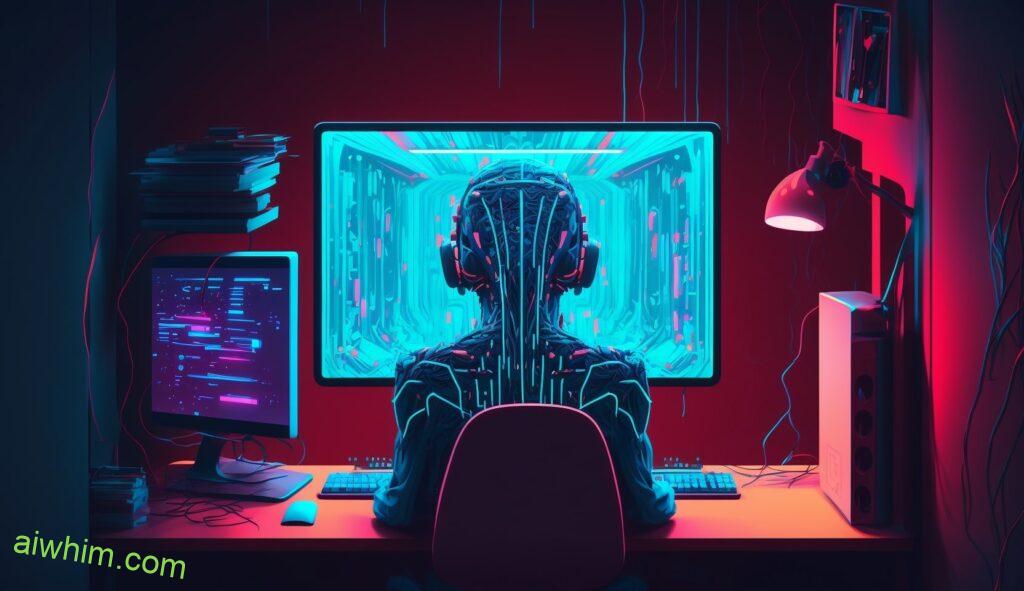
In addition, if you are a Paralegal, I recommend reading this linked post too, which provides an in-depth analysis of how AI specifically impacts the paralegal profession.
Disadvantages Of Using AI In The Legal Profession
The use of artificial intelligence and chatbots in the legal profession can be likened to a double-edged sword. On one hand, it has the potential to automate mundane tasks, such as document drafting, freeing up lawyers’ time for more complex matters. However, on the other hand, there is a real risk that AI could take away jobs from qualified professionals.
AI lacks human judgement and common sense which are essential elements of many aspects of law practice; particularly when dealing with difficult cases or ethical dilemmas. Furthermore, if an automated system fails to spot inconsistencies or errors within documents this may result in costly litigation for firms. This lack of control over processes does not instill much confidence in clients either who often seek assurance their case will be handled competently by experienced legal practitioners.
Overall, while advances in technology have made certain areas easier to manage, they cannot replace the expertise of licensed attorneys nor should they ever be used without supervision from highly trained individuals.
Further, if you are a court reporter, this linked post is tailor-made for you: Learn how AI is revolutionizing the court reporting landscape!
Potential Impact On Legal Practice Areas
The potential impact of AI and chatbots on legal practice areas is a highly debated issue. There are some who believe that these technologies will take away jobs from lawyers, while others think they can assist in the delivery of services. On one hand, it could be argued that chatbots and AI could reduce the need for many lawyers by replacing them with automated systems. For example, if an online questionnaire was used to answer simple questions about a case and then present a suggested solution based on pre-programmed algorithms, a lawyer may not be needed to complete this task. On the other hand, there are those who feel that AI and chatbot technology could actually create new opportunities for lawyers as well. By freeing up time spent on menial tasks such as research or document drafting, more complex legal work requiring human input would become available. This could result in increased creativity within the profession due to having more time to focus on higher value activities.
Regardless of which side of the debate is correct, it’s clear that advancements in AI and automation have already had an effect on the legal profession – both positive and negative – and this trend is expected to continue into the future. As businesses look to increase efficiency through technological solutions, lawyers must stay informed of emerging trends in order to remain competitive in their field and best serve their clients’ needs.
Risks To Existing Jobs In The Legal Profession
There are several risks posed by chatbots and AI technology to existing jobs in the legal profession:
- Chatbots can automate simple tasks such as document review or basic contract drafting that would otherwise require manual labor from a lawyer.
- AI-driven algorithms can assess data faster than human lawyers ever could, allowing them to accurately predict outcomes of cases with minimal effort.
- Automated services make it easier for clients to find competent representation without needing an expensive law firm’s assistance.
In spite of these potential risks, there are still areas where AI cannot replace human judgement and expertise; more complex issues such as negotiation, mediation and policy advice all remain firmly within the domain of experienced attorneys. While their roles may change over time, lawyers should not worry about being rendered obsolete just yet – after all, computers have been promised since antiquity but mankind remains at the top of the food chain when it comes to decision making!

Changes To Job Responsibilities Due To Automation
The increasing use of technology in the legal profession is changing many aspects of how lawyers work. In particular, chatbots and AI are becoming more prevalent and may pose a risk to certain job roles in the field. As these technologies become more advanced, they could potentially take over some duties that would previously have been handled by lawyers. This could mean that fewer jobs are available for those already working in the legal profession, or at least a shift in their responsibilities towards other tasks.
At the same time, however, automation can also present opportunities for lawyers to focus on higher-level activities such as problem-solving and strategic advice instead of mundane administrative tasks. Lawyers who embrace technological advancements will be better able to stay ahead of the competition while still providing quality services to clients. Additionally, automation might lead to new job roles being created which wouldn’t have been possible before, allowing employees to explore different career paths within the legal sector.
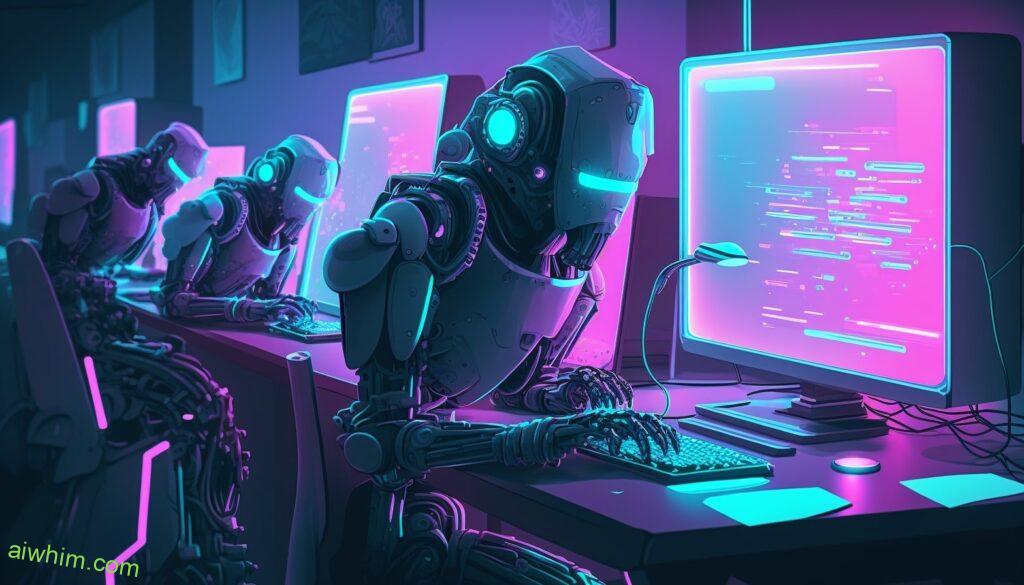
Need For New Skillsets And Competencies
With the introduction of chatbots and AI, it may seem that traditional law jobs are at risk. However, this isn’t necessarily true. While these new technologies can take over certain tasks previously done by attorneys, they won’t replace them entirely. In order to stay competitive in the legal field, lawyers need to gain an understanding of how to use technology as a tool for their practice.
Lawyers will still be needed for more complex legal matters and ethical decision making, areas which machines cannot currently replicate or adequately perform. As such, there’s a growing demand for lawyers with expertise in both traditional legal skillsets and those related to emerging technologies like artificial intelligence (AI) and machine learning (ML). This means that lawyers should consider expanding their skill set by taking courses on topics such as blockchain technology, data analytics, coding languages, robotics process automation (RPA), etc., so they can remain current with industry trends. Doing so could help ensure job security even when faced with increased competition from automated systems built using AI/ML techniques.
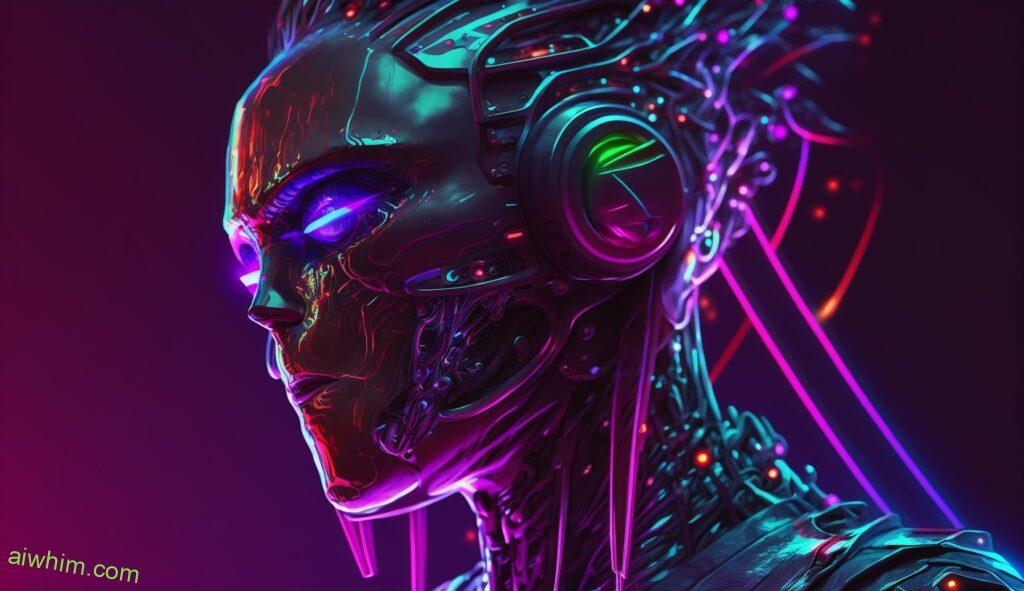
Re-Skilling And Up-Skilling Opportunities
Charting a new course amidst the advances of technology can be daunting. Like waves lapping against a shore, those in the legal industry must find ways to navigate through these changes and chart their own paths toward success.
Re-skilling and up-skilling opportunities may provide attorneys with more flexibility when it comes to adapting to rapidly changing technologies such as chatbots and AI. This could include taking courses specifically designed for understanding machine learning or exploring new fields like data science. Attorneys may also expand their skillsets by delving into topics such as cybersecurity, coding, artificial intelligence, blockchain, or medical law. It is possible that some lawyers will even develop specialized areas of expertise related to emerging legal tech products and services.
By investing in re-skilling and up-skilling initiatives, attorneys can equip themselves with the necessary knowledge base to understand how certain technologies are impacting the profession and help them become competitive within an ever-evolving field. Ultimately, this prepares practitioners for future challenges while positioning them as thought leaders who are well versed in digital transformation strategies. Instead of fearing potential job loss due to automation, professionals should focus on leveraging current advancements towards greater career satisfaction and professional growth.
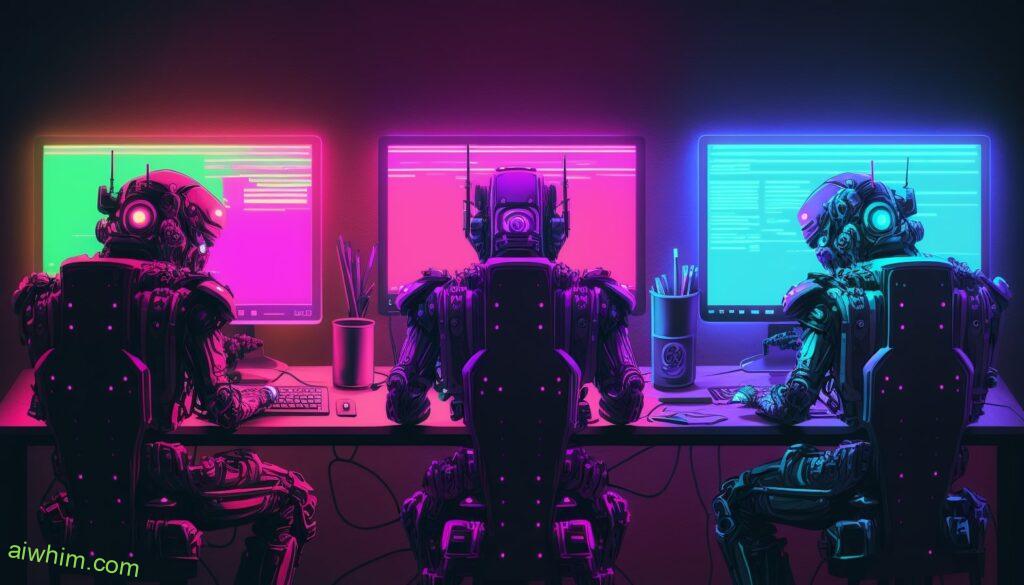
Ethical Challenges Of Automation
The ethical challenges of automation have been a hot topic in recent years. AI and chatbots are becoming increasingly commonplace, and many people fear that their jobs may soon be taken over by robots. This raises the question: What happens when machines start replacing human labor? There are several potential ethical issues to consider.
First, there is the issue of job displacement. If robots take away human roles, it could lead to unemployment and poverty for those who rely on these roles as a source of income. Furthermore, the introduction of automated systems could widen existing economic inequalities due to lack of access or inability to learn new skills quickly enough to keep up with technological advances.
On top of this, there is also the risk of machines taking on responsibilities which would usually fall under moral decisions made by humans – such as medical diagnoses, financial advice or legal judgements. Could an AI system ever make ethical decisions as accurately as a person? And if so, should they be allowed to do so without any form of oversight or regulation from humans? These are important questions that need careful consideration before embracing automation en masse.
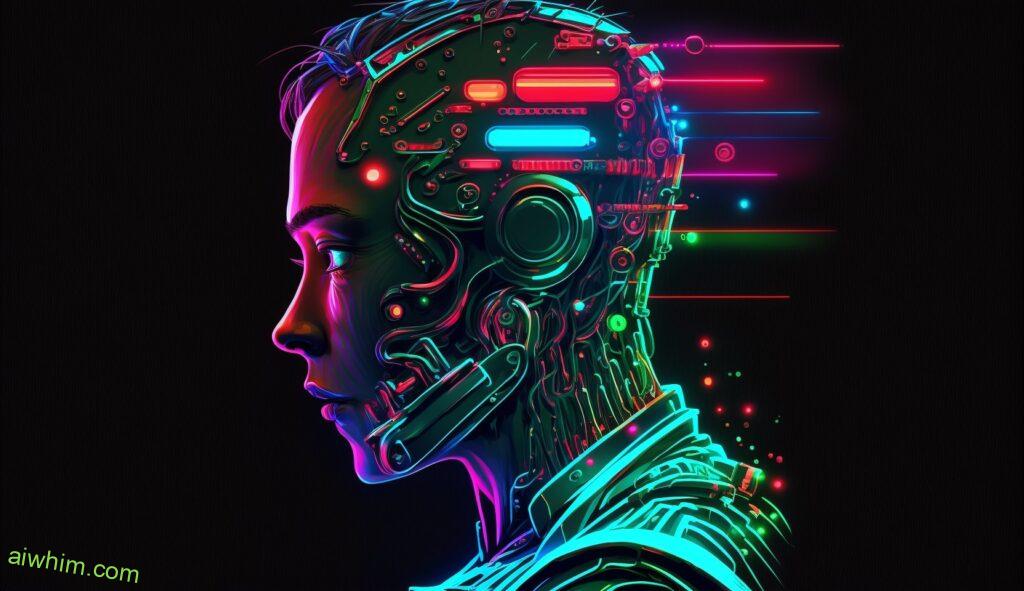
Regulatory Considerations
Irony is an effective tool to get the attention of readers, especially since no one wants to think that the job they worked so hard for could be taken away by something as intangible as a chatbot or AI. However, it appears that conversations about possible risks posed by automation are now unavoidable in many industries—including law. As more and more companies look to cut costs, legal departments have begun using automated processes whenever possible.
The development and implementation of such technology requires oversight from regulatory bodies who can ensure its safe use in the industry. For example, certain AI algorithms may need approval before being deployed into production environments which require compliance with privacy regulations. Similarly, there needs to be some degree of regulation around data security when developing any kind of intelligent system that interacts with confidential information.
Regulatory considerations are vital for protecting workers against potential losses due to automation while also ensuring that businesses remain compliant with all applicable laws and regulations. It’s clear then that keeping up-to-date on these matters is essential if legal professionals want their profession to continue thriving in this increasingly automated world.

Societal Benefits Versus Risks
While the potential for chatbots and AI to take away law jobs is a valid concern, there are also significant societal benefits that should be considered. These tools can help lawyers by streamlining processes and reducing costs. As such, they could open up legal services to more people who would otherwise not have access due to financial constraints. This may lead to an increase in justice being served as those who couldn’t previously afford it gain representation.
Furthermore, these technologies can also improve accuracy when conducting mundane tasks like document review or research. The faster processing speed of machines means that fewer errors occur than with manual labor which increases efficiency while still getting accurate results. This frees up time for attorneys to focus on more complex matters and better serve their clients’ needs. Ultimately, this provides increased value to both lawyers and those they represent.
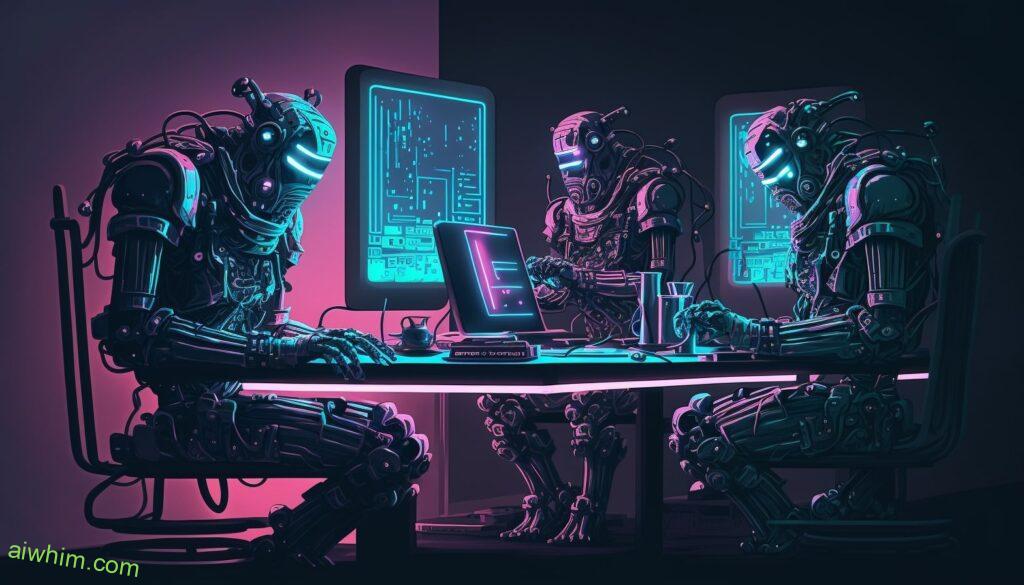
Current Deployment Of Chatbots And AI In Law Firms
The deployment of chatbots and AI in law firms is becoming increasingly common. Chatbots, which are computer programs designed to simulate conversation with people, can assist lawyers by providing quick answers to simple legal questions or directing users to resources that provide more information. AI technology can help automate document review processes, such as searching for specific phrases within contracts or analyzing large amounts of data. Here’s a look at some current applications:
- Virtual Receptionists – Automated receptionists can answer basic questions about the firm and direct inquiries to the appropriate lawyer.
- Legal Research Assistants – Natural language processing (NLP) technology allows chatbots to answer certain types of legal questions quickly and accurately.
- Contract Reviewers – AI tools can be used to search for key terms in contracts and identify any areas of concern.
- Data Analyzers – Machines with advanced algorithms can analyze large datasets faster than humans, making it easier to find patterns and draw conclusions from them.
Lawyers must recognize that these new technologies offer opportunities but also come with potential risks. For example, if sensitive client data were leaked due to an error in programming code, this could lead to serious financial losses or reputational harm for the firm. Lawyers must consider how they will manage these risks while taking advantage of the benefits that these technologies offer.
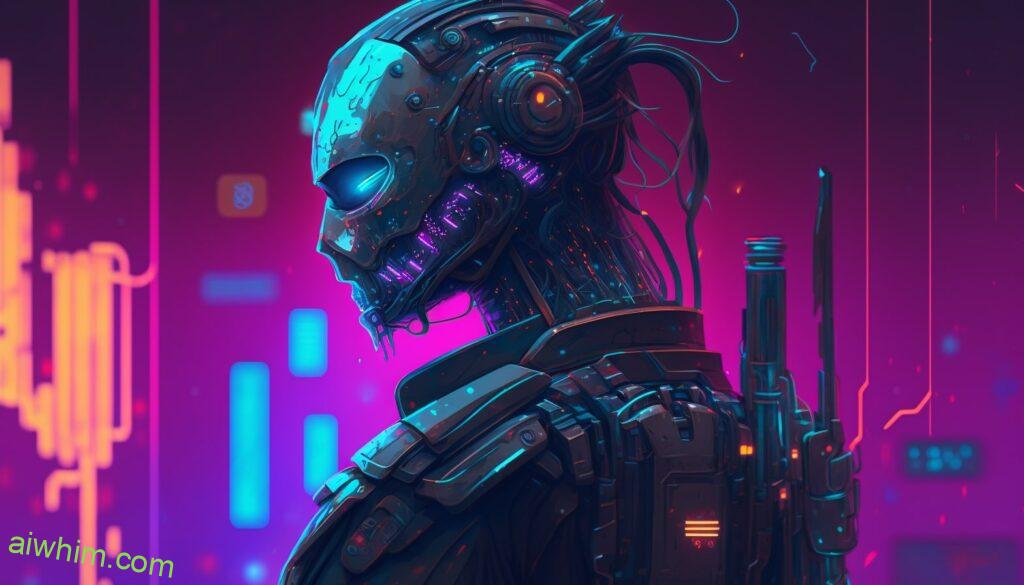
Potential Future Uses Of Chatbots And AI In Law Firms
Chatbots and AI have the potential to revolutionize the legal field. Automation of routine tasks, such as document review, can free up lawyers’ time for more complex tasks that require human judgement. Furthermore, chatbot applications could be used to provide legal advice to clients quickly and accurately in areas where there is a high demand for it but limited resources or access. For example, low-income individuals might not be able to afford traditional legal services, so an AI powered chatbot could offer them guidance on how to navigate their situation without charging an exorbitant fee.
AI systems also have the potential to help attorneys with case research by providing relevant information faster than manual searches. This would allow attorneys to find solutions quicker and potentially win cases they otherwise wouldn’t have been able to based solely on their own knowledge. In addition, AI could help judges make decisions by analyzing evidence and providing unbiased insights into criminal proceedings. As technology continues to advance at a rapid pace, these uses may become a reality sooner rather than later.

Strategies For Adapting To Automation
There are ways for legal professionals to ensure they remain relevant and employable despite the technological shift into automation and AI.
The most important thing for legal professionals is to stay ahead of technology trends by actively learning new skills related to automation. If you are in working in legal, you should also pursue opportunities to work with tech companies or join online communities dedicated to exploring AI applications within the field of law.
Learning new programming languages will give you an edge over those who don’t have experience with coding, while developing more efficient methods for managing client data can save time and resources. Finally, it’s essential that you learn how to communicate effectively with bots and machines so as not to be left behind in the transition process.
By equipping yourself with these necessary tools and staying up-to-date on emerging technologies, you can take steps towards ensuring you remain competitive in today’s rapidly evolving marketplace. In order to do this, you must be willing to invest both time and money into acquiring the skills needed for success in a world where robots may soon replace human labor altogether.
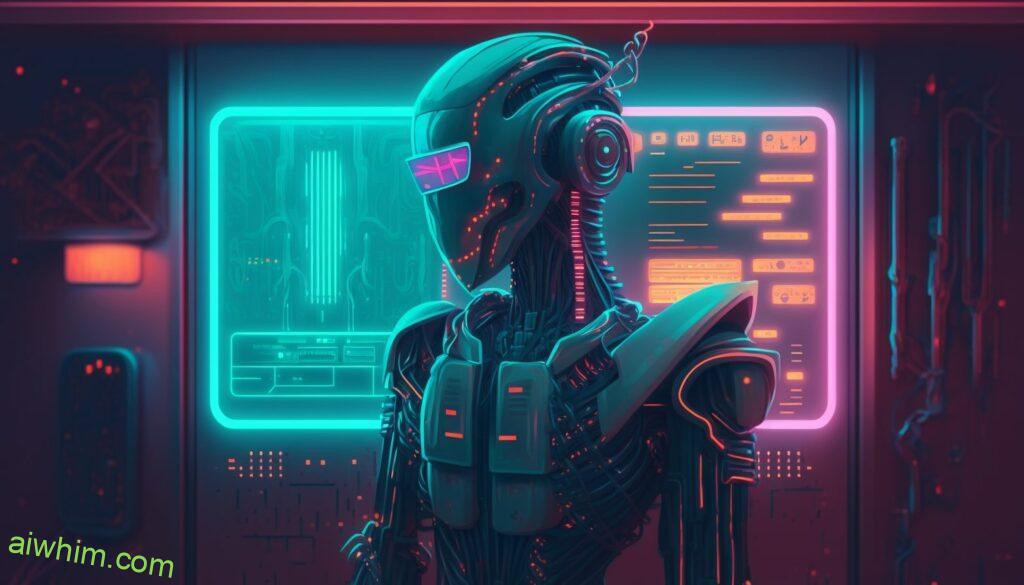
In Summary
The advancement of chatbots and AI technology has raised questions about the future of certain jobs, including law. While it is true that some tasks within the legal profession can be automated by these technologies, it is unlikely they will replace human lawyers entirely. Chatbots may be able to handle simple inquiries or provide basic legal advice, but they cannot address complex cases involving nuanced legal arguments and interpretation. Additionally, a lawyer’s expertise in client communication and negotiation are invaluable skills that cannot be replicated by machines.
In summary, although AI and chatbot technology can help automate some aspects of the job, there is still no substitute for an experienced attorney who understands individual clients’ needs and offers personalized solutions to their specific circumstances. Ultimately, this means that despite changes in the field due to technological advancements, human lawyers remain essential figures in the industry.
Frequently Asked Questions (FAQ)
Long-Term Economic Implications Of Automation In Legal?
The long-term economic implications of automation in the legal profession are far-reaching and complex. They could potentially have a significant impact on job security, professional mobility and career paths for lawyers. Automation is already being used to automate certain aspects of legal work such as document review, contract analysis and research gathering. This has led to increasing concerns about how these technologies might affect legal professionals’ job prospects in the future.
It’s important to consider that automated systems can be more accurate than human legal decision makers, allowing them to deliver more consistent results. Furthermore, using AI technology can help reduce costs associated with training staff and managing labor resources, making it an attractive option for many law firms. However, this also means there may be fewer opportunities available for skilled attorneys or paralegals who might otherwise fill those roles.
Ultimately, while automation offers numerous potential benefits to the legal industry, it also brings some risks that must be carefully considered before implementing any changes. It is possible that automation could lead to fewer jobs overall in the field while simultaneously driving up demand for highly specialized positions requiring advanced technical skills.
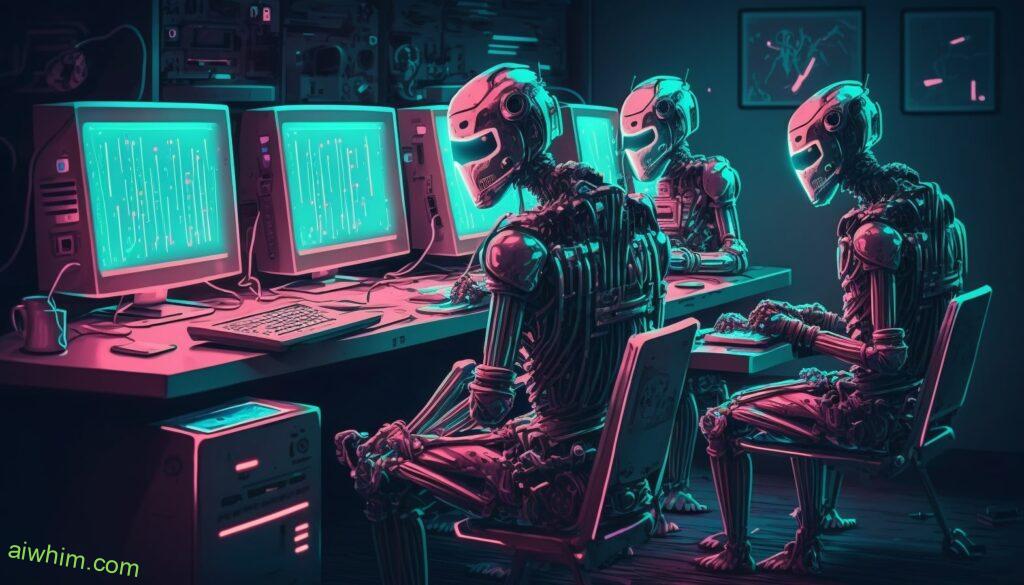
How Will Automation Affect The Cost Of Legal Services?
Automation is having a profound effect on many aspects of life, and the legal profession is no exception. One area where this impact can be seen is in the cost of providing legal services. Automated technologies like chatbots and artificial intelligence (AI) have the potential to reduce labor costs by automating certain tasks that would otherwise require human attorneys or paralegals. This could mean lower-cost access to legal assistance for those who need it most.
However, automation also has its drawbacks. For example, if lawyers rely too heavily on AI tools, they risk losing valuable insight into their cases as well as important skills such as client relationships and persuasive writing. Additionally, automated systems may overlook nuances in complex legal matters which could lead to costly mistakes down the road.
Overall, while automation presents an opportunity to make legal services more affordable, there are some risks associated with relying too much on technology instead of trained professionals. It will be up to each lawyer to decide how best to balance these two options when deciding whether or not to use automated technology in their practice.
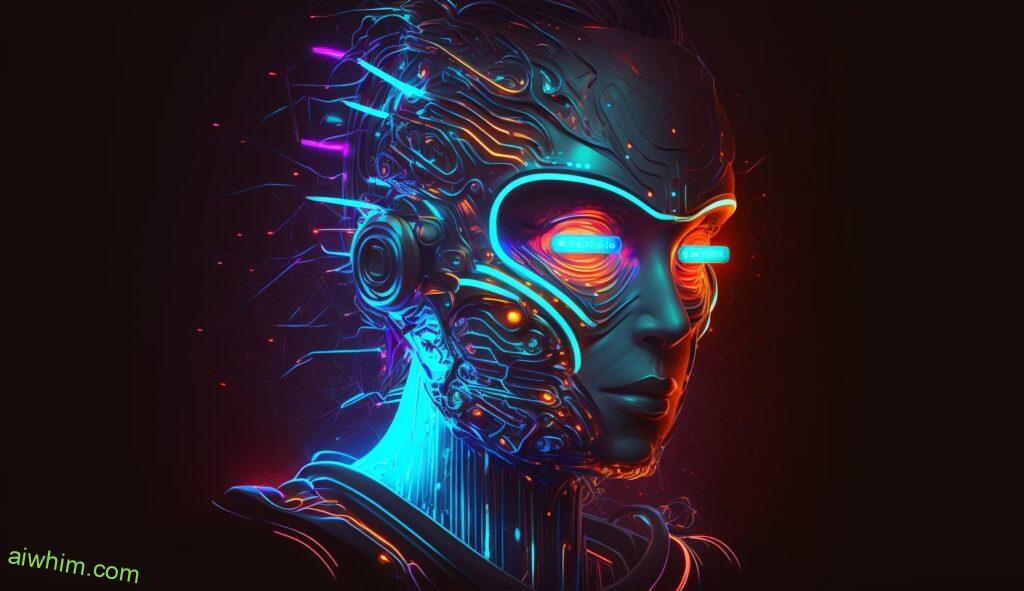
Will Automation Affect The Number Of Legal Jobs Available?
As technology continues to advance, there are many unknowns as to how it will affect the job market for lawyers. Automation has already drastically changed the way that many industries operate and it stands to reason that law may be no different.
It is difficult to predict exactly what impact automation will have on the legal industry. On one hand, automated processes could make certain tasks faster and more efficient leading to fewer personnel needed overall. On the other hand, automation can also create new opportunities by freeing up time for attorneys enabling them to take on more cases than ever before. Additionally, some argue that automation may lead to increased demand for specialized services from professionals who understand both traditional laws and emerging technologies like artificial intelligence (AI). The reality is that only time will tell if these predictions come true.
As such, legal professionals must remain open-minded when considering the potential effects of automation on their profession and its practitioners. An important step forward would be investing in training programs so that those in the field can keep pace with changing technologies while continuing to provide quality service regardless of technological advances. Ultimately, this approach should help ensure positive outcomes regardless of whether or not the number of legal jobs rises or falls due to automation in the near future.
Author: Ole Paulson
Author Bio: I’m Ole and on this website, I share everything there is to know about Artificial Intelligence, and useful tips for using AI to our advantage. I have a background in data science and research and have been following the AI-space for years. You can read more about me in the “About” page.

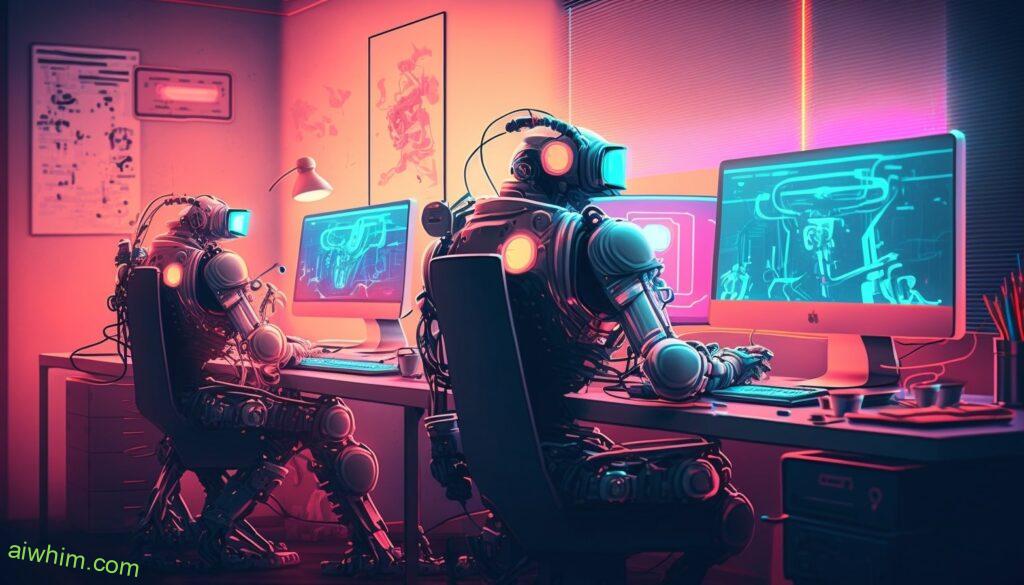

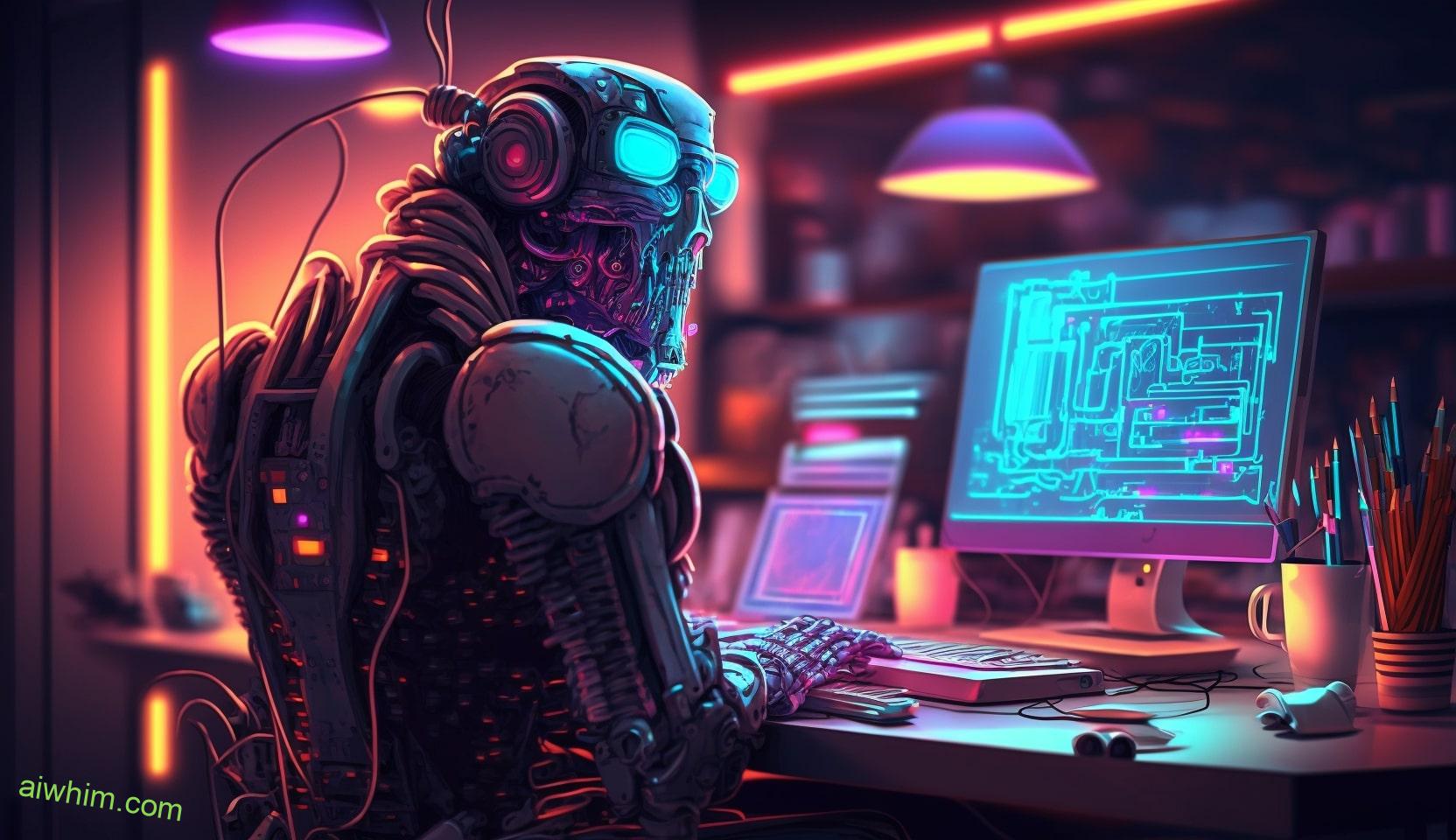
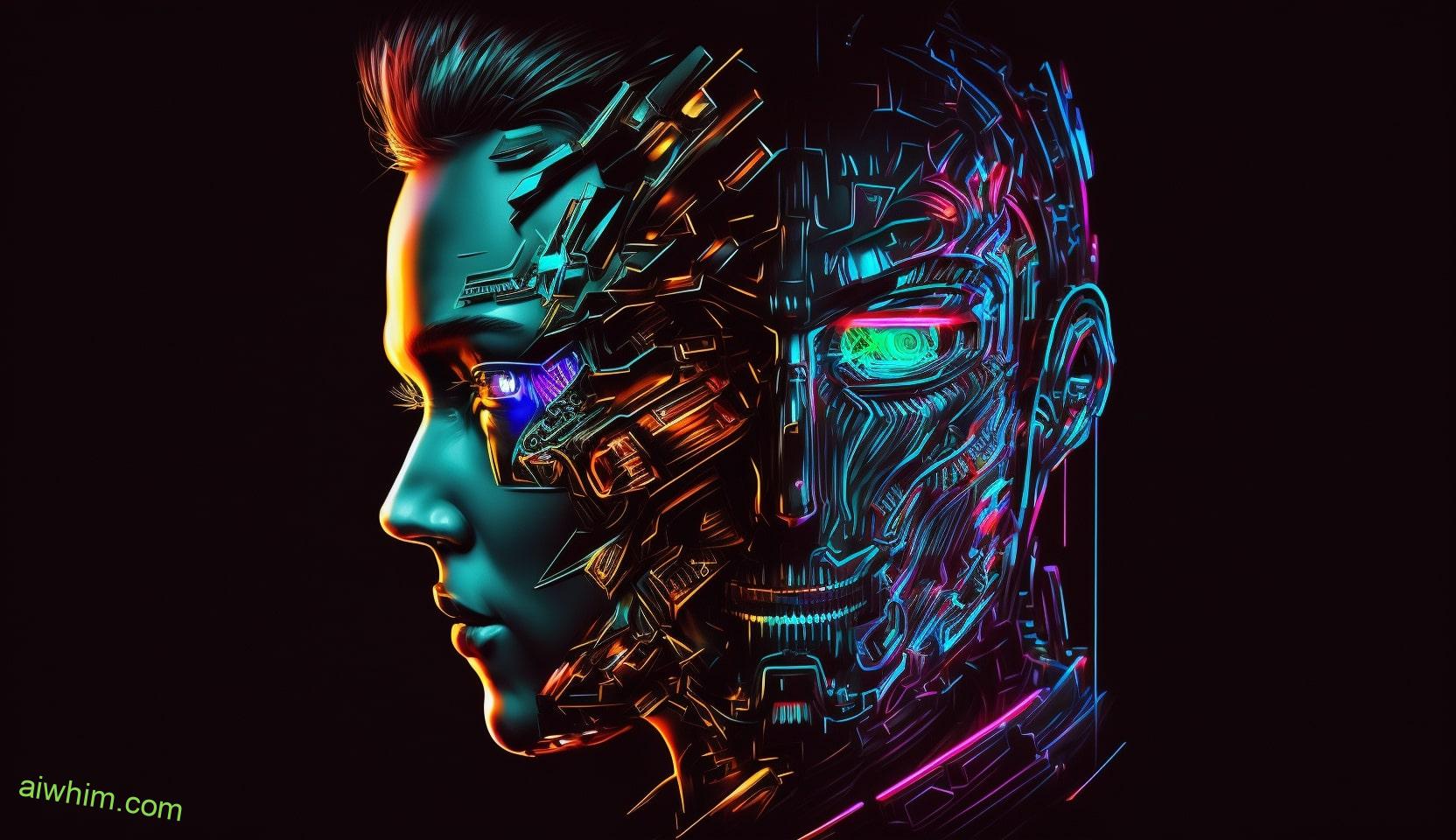
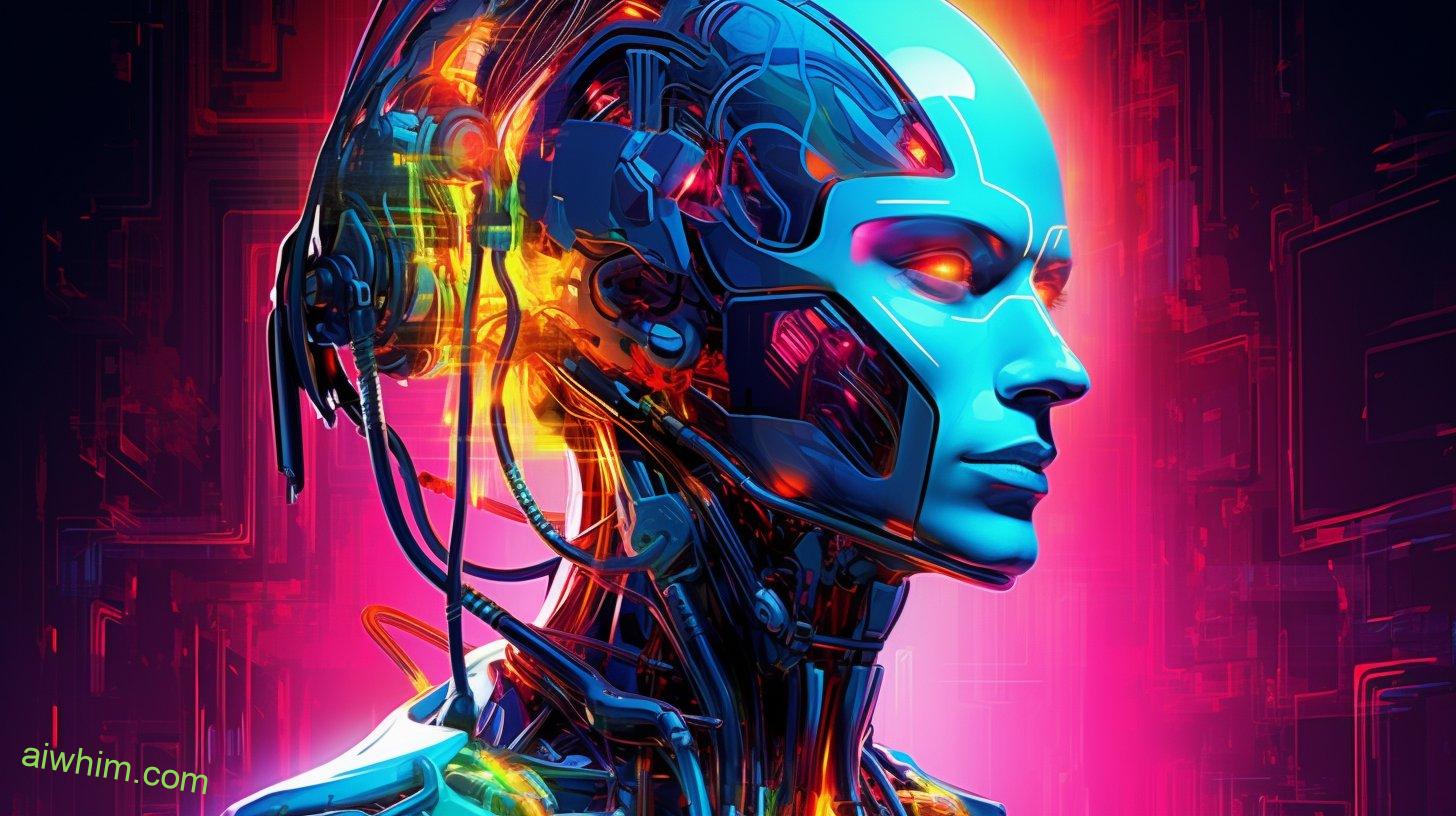
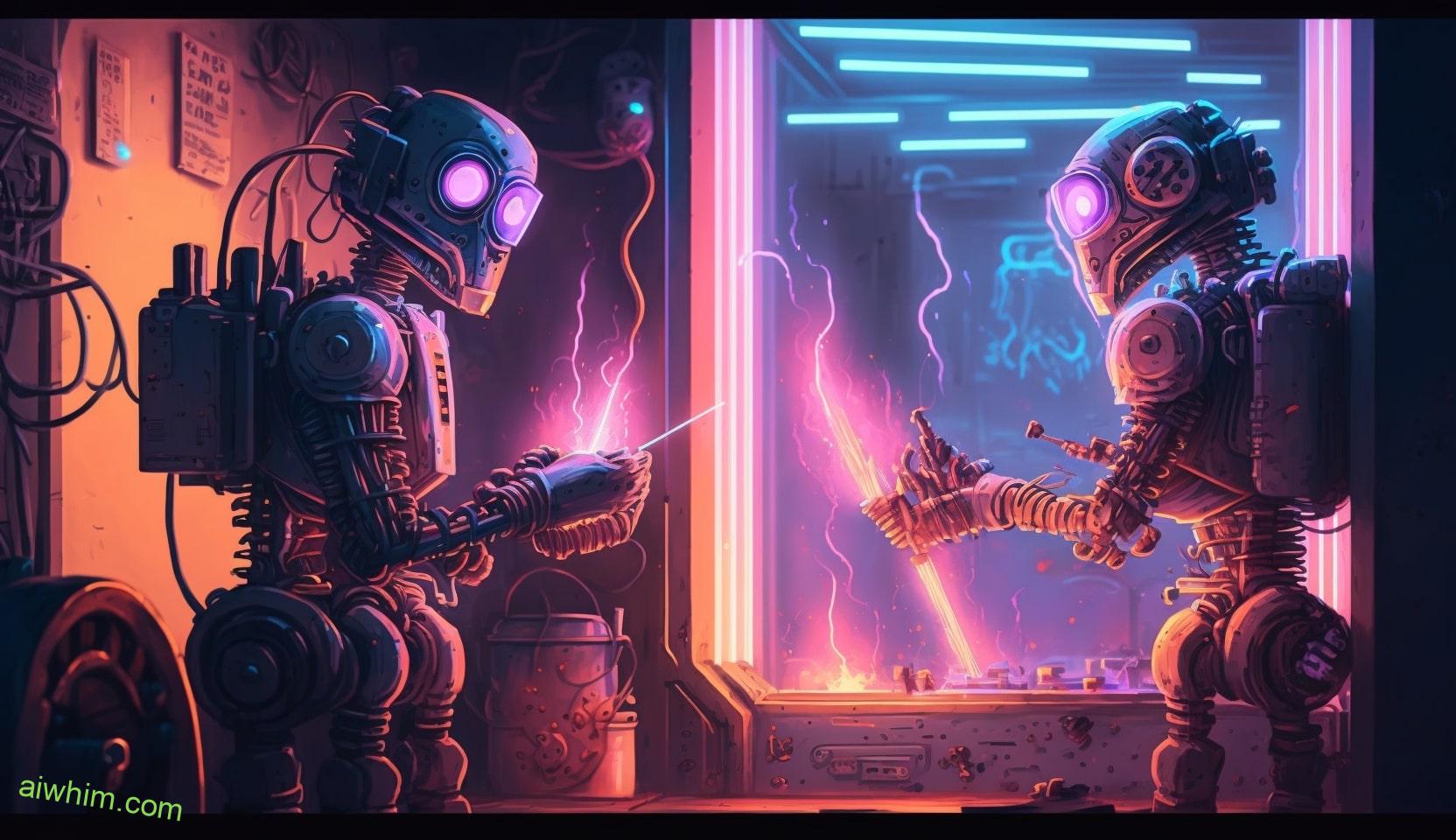
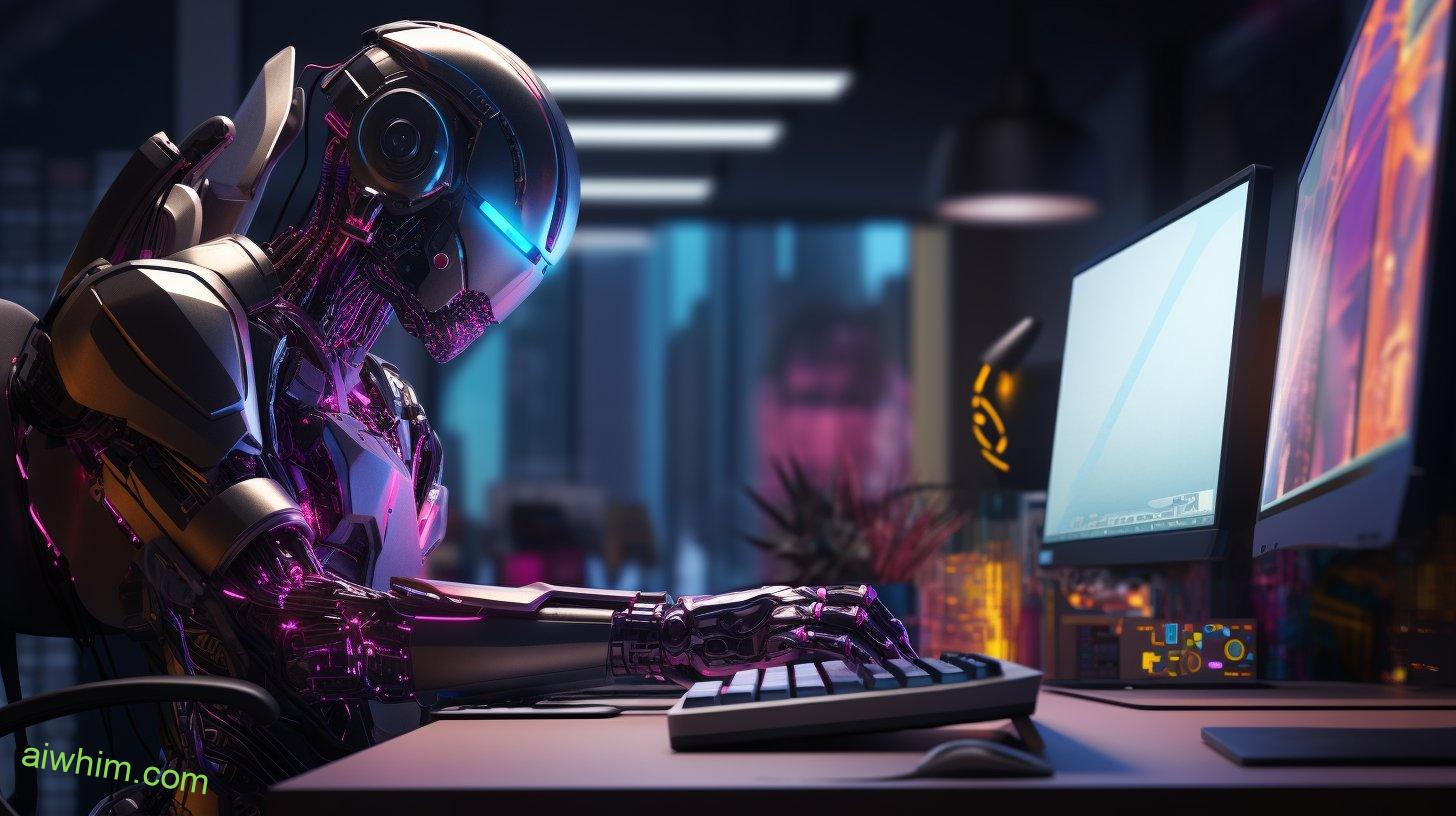
excellent put up, very informative. I wonder why the other specialists of this sector do
not notice this. You must continue your writing. I’m sure, you have a great readers’
base already!